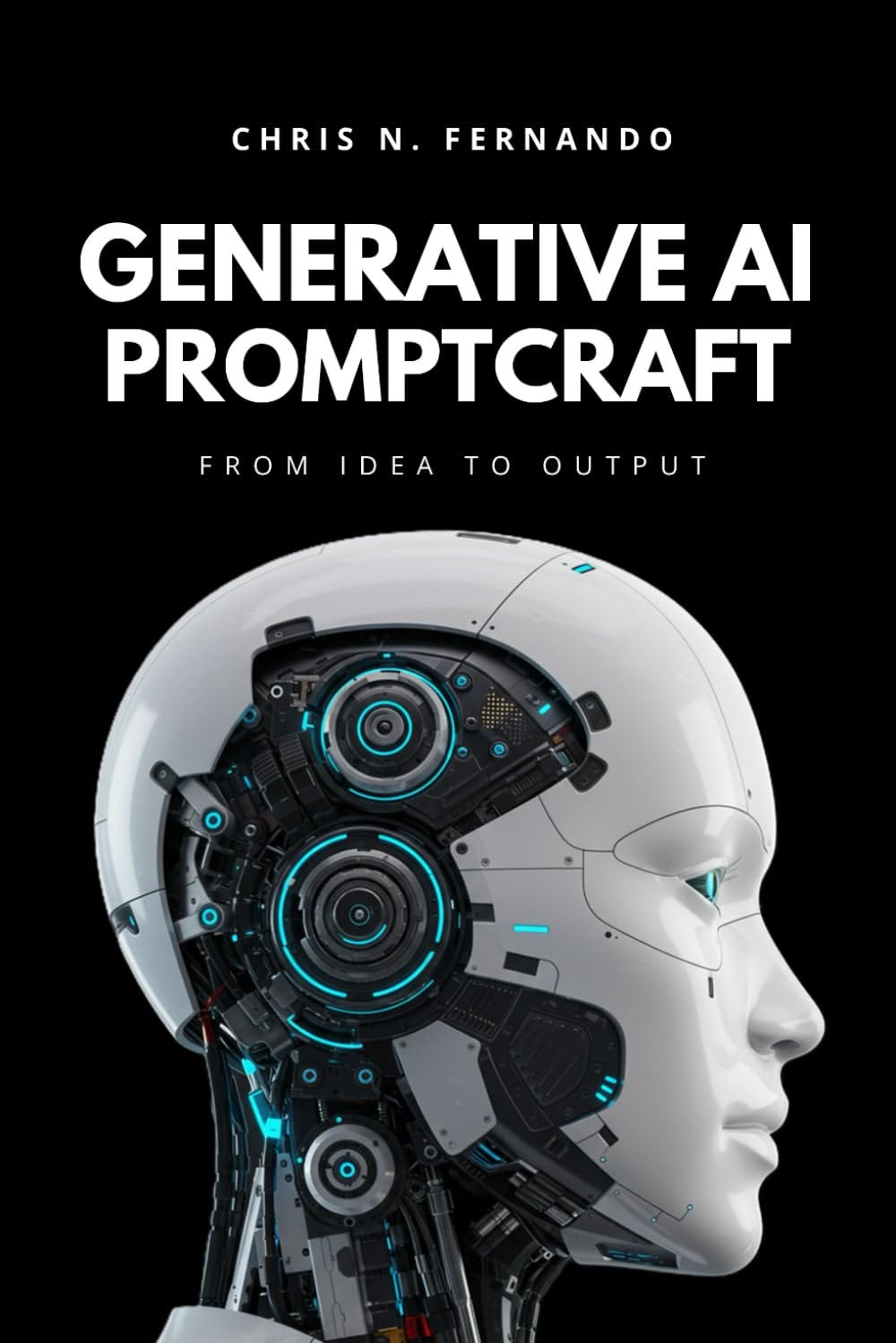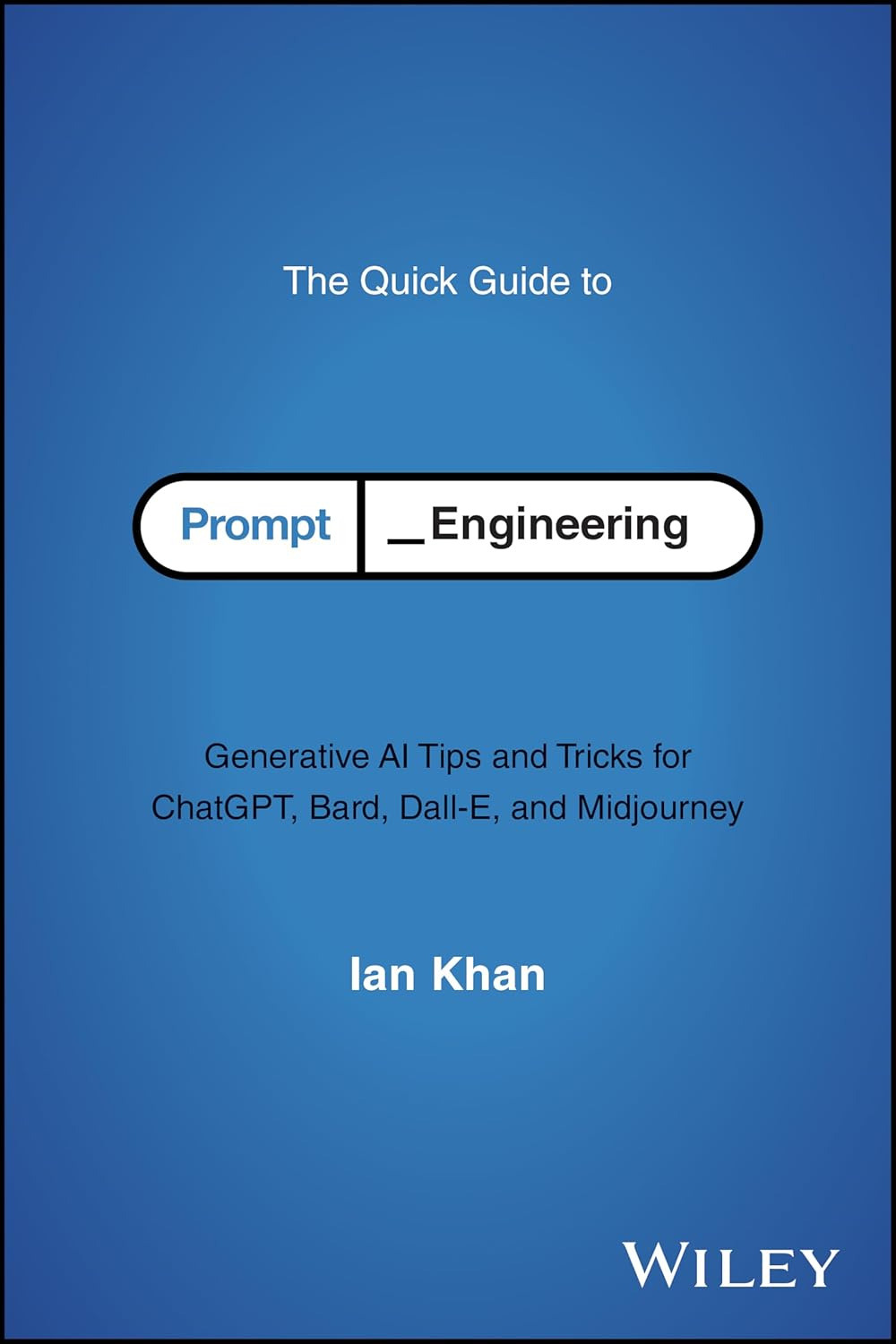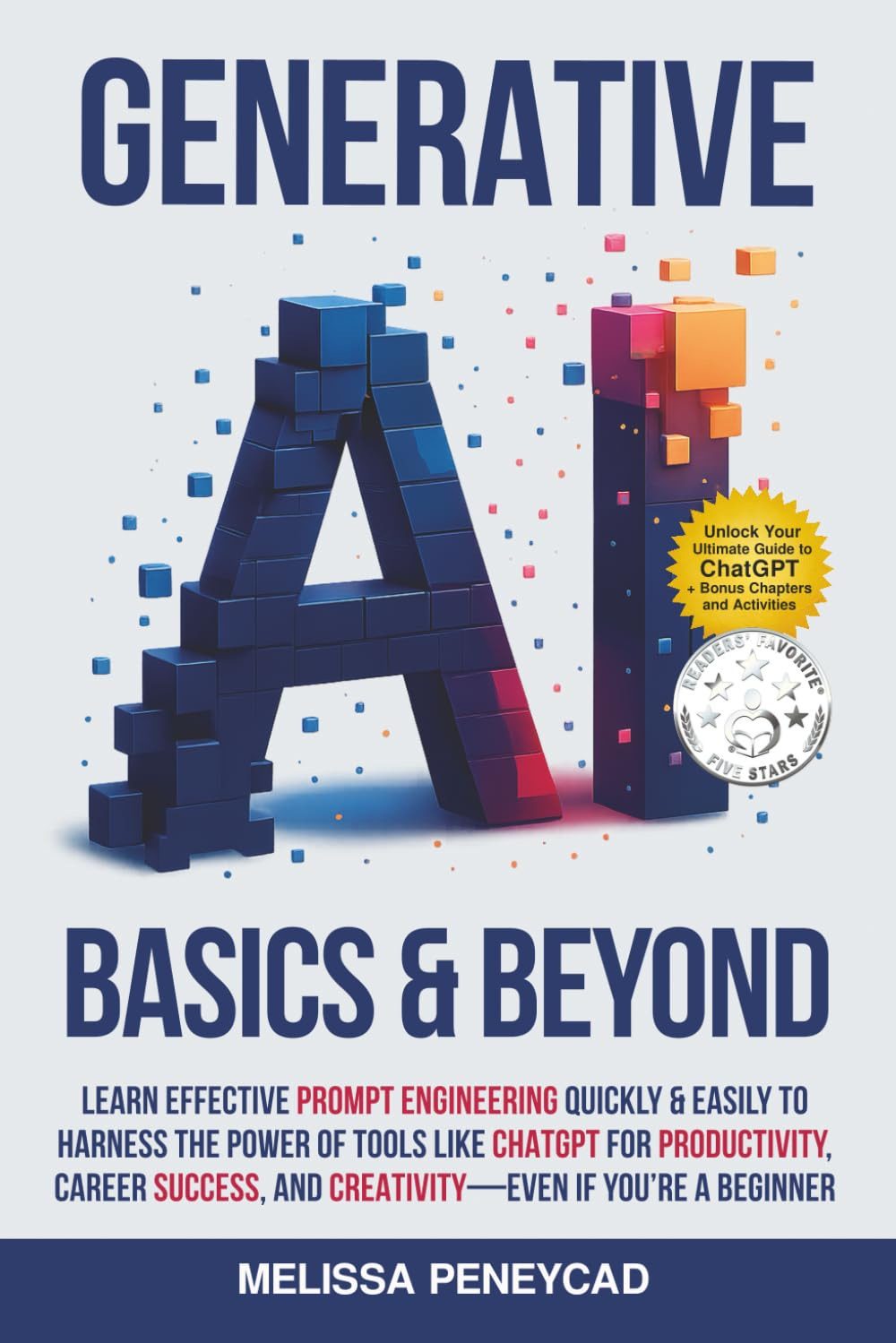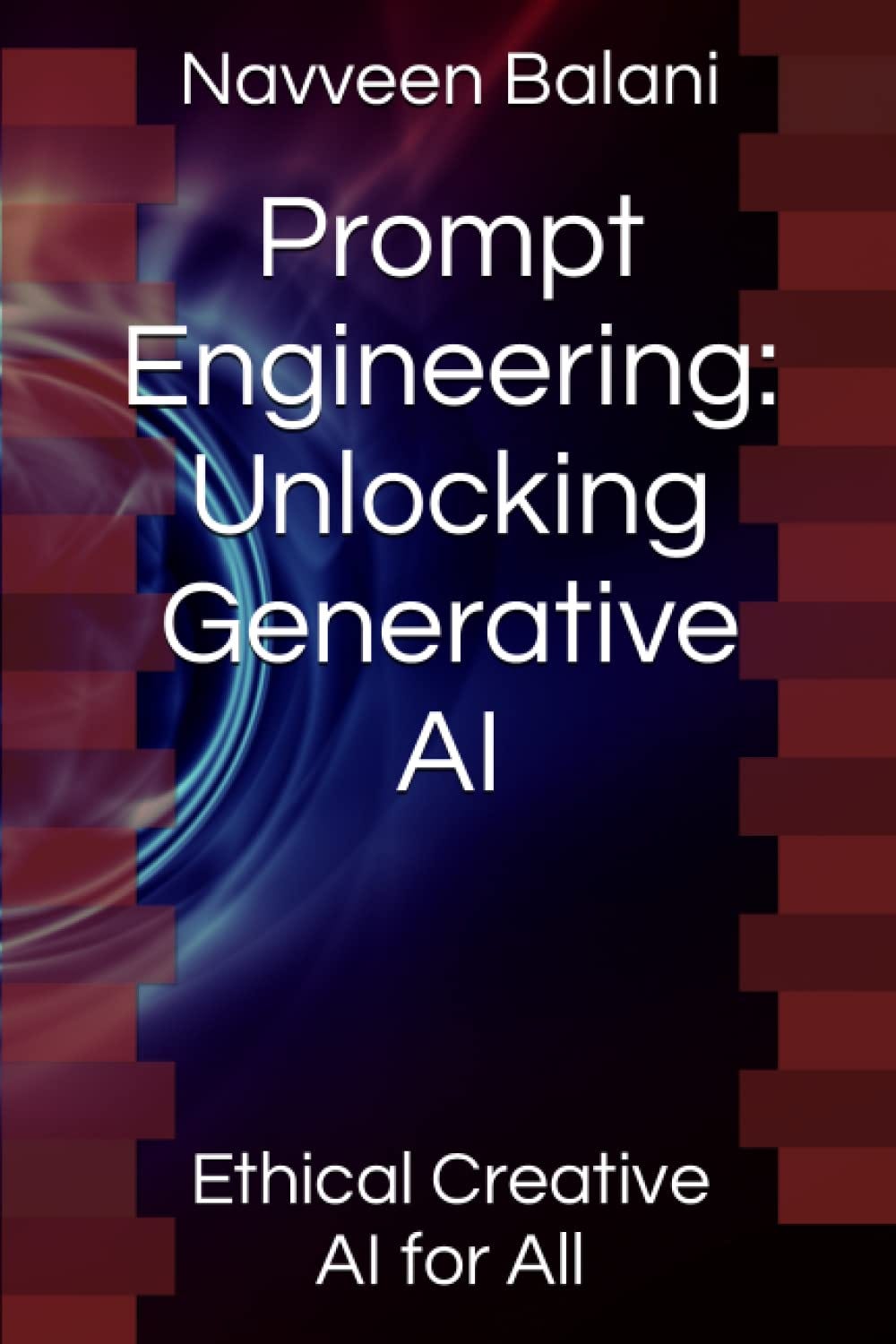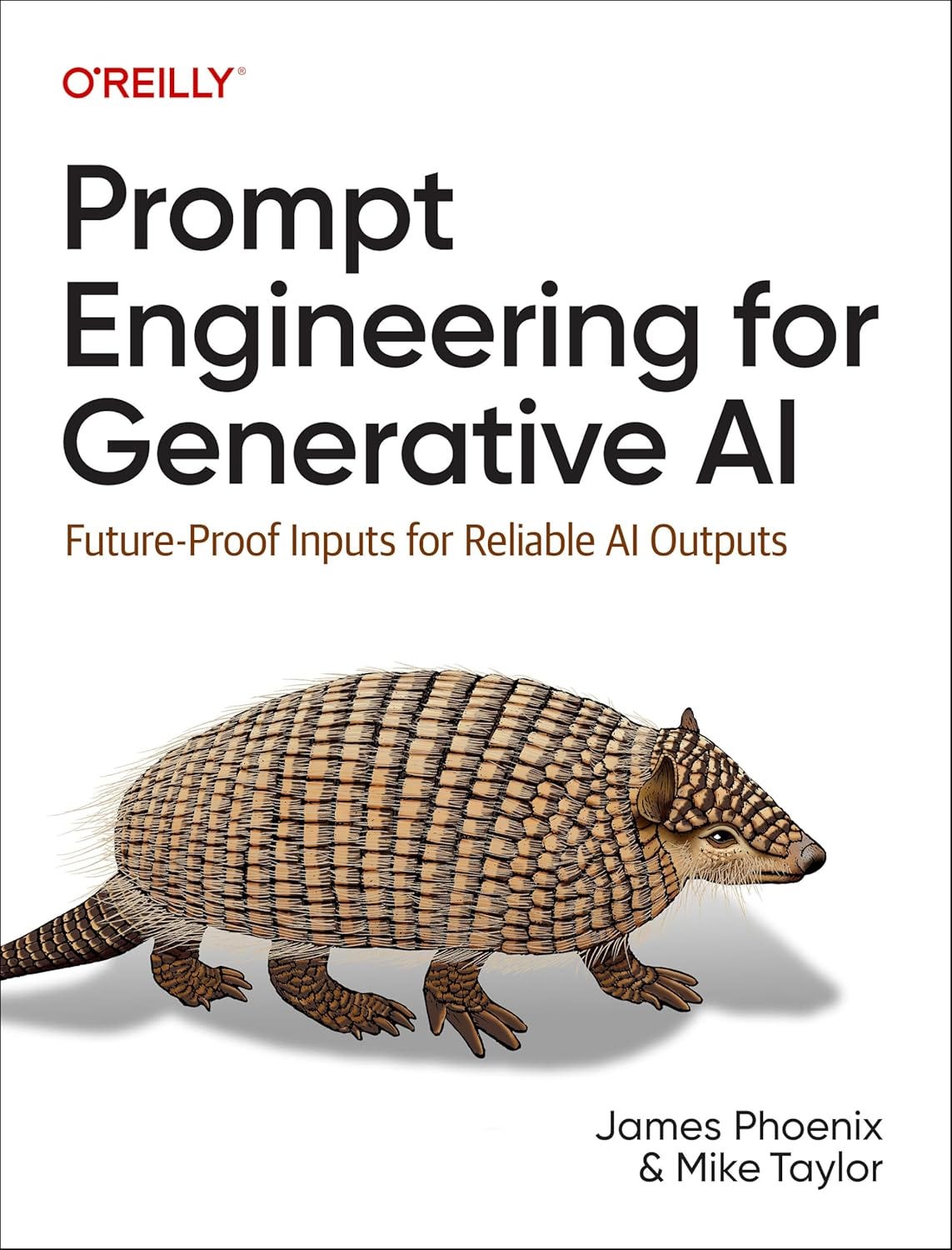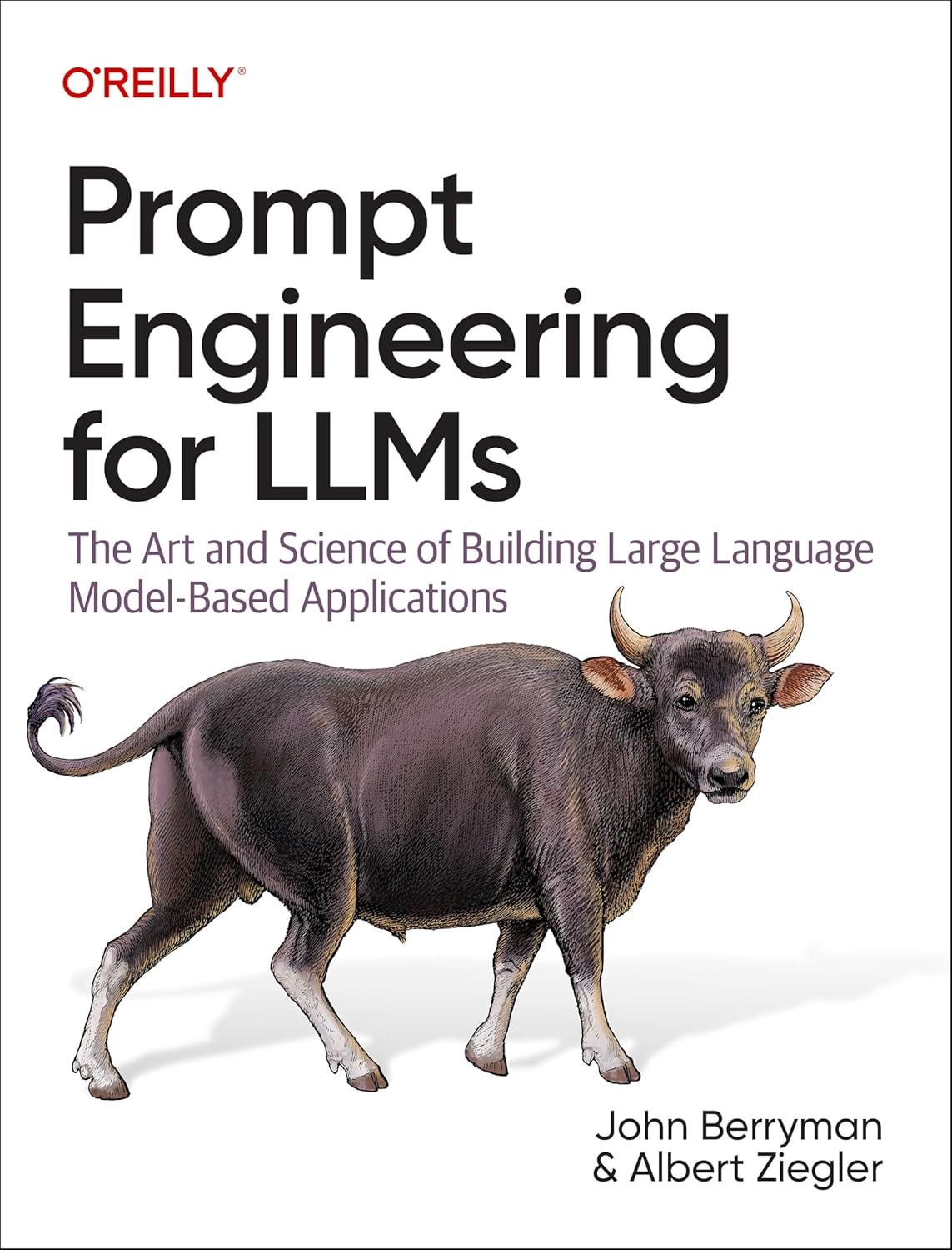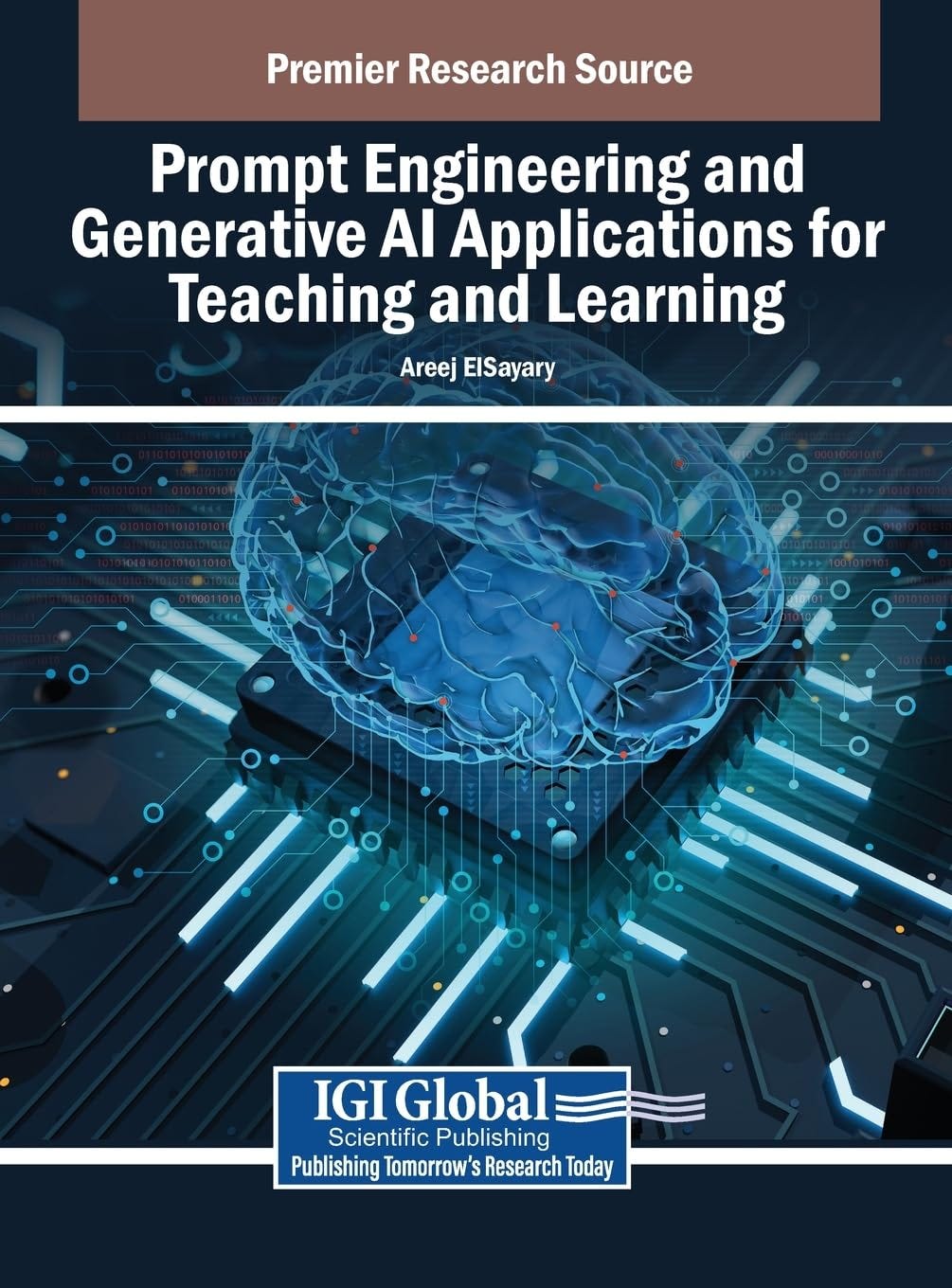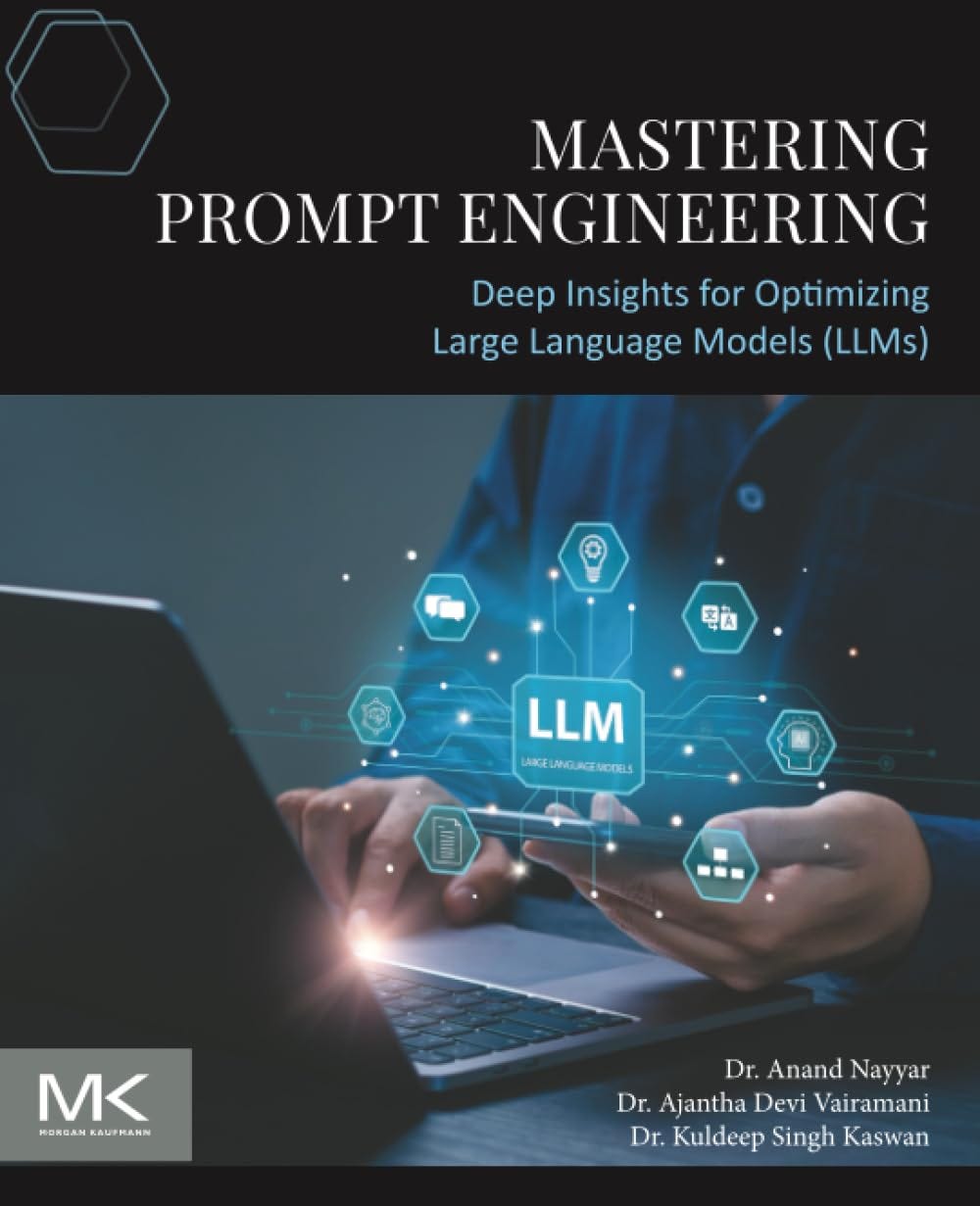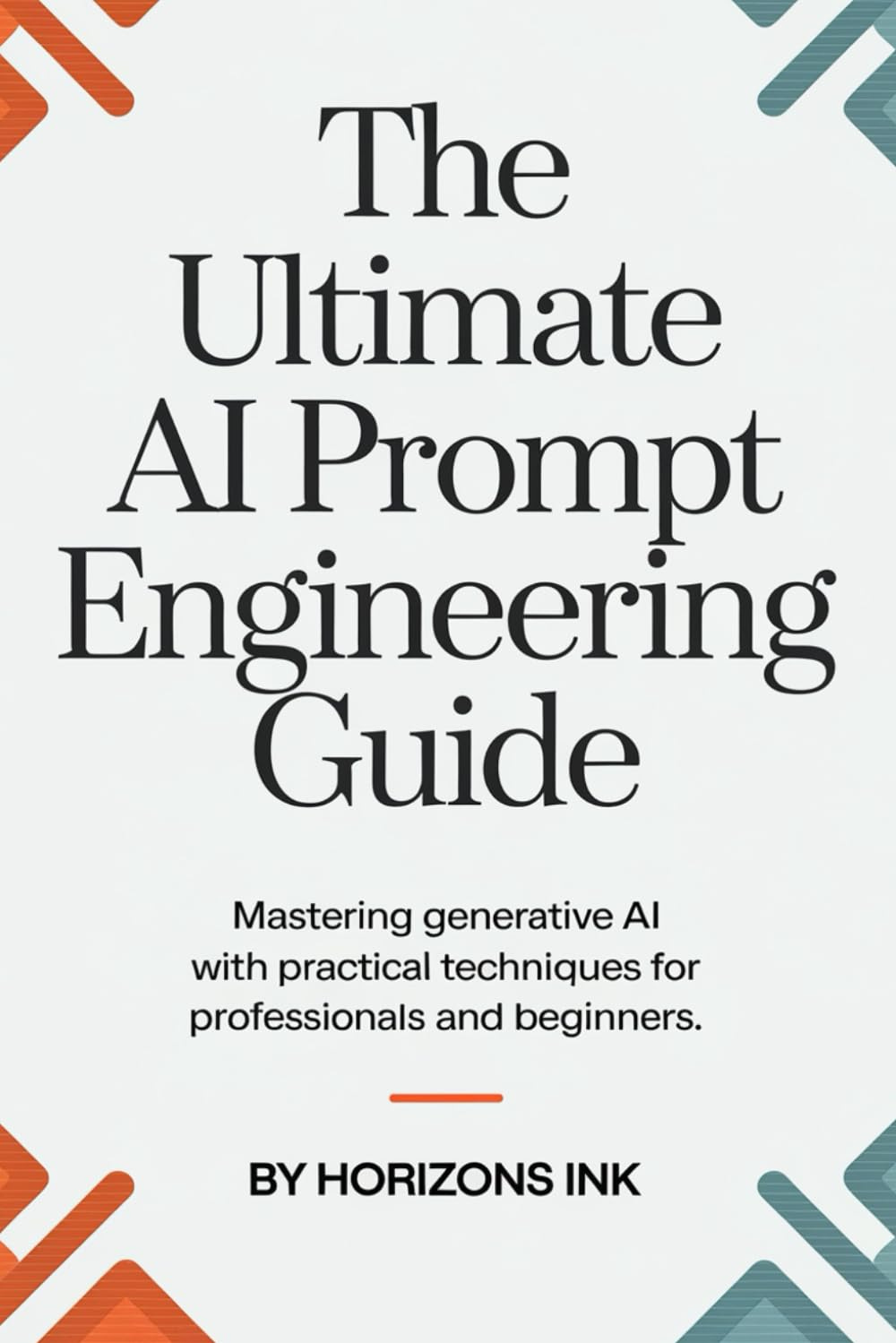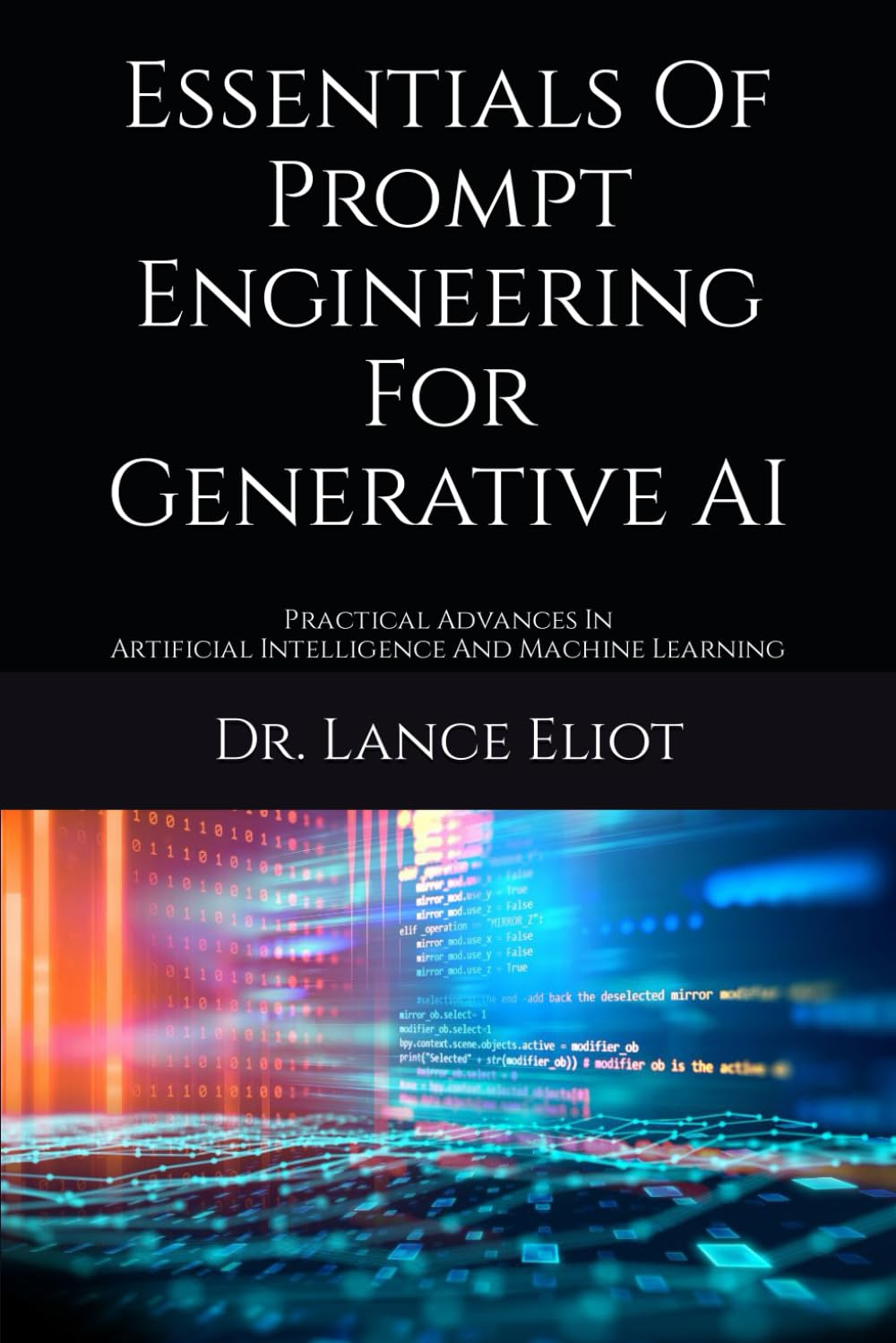10 Essential Books on Generative AI Prompt Engineering (and Why They Matter Today)
Generative AI has transformed from a futuristic concept into a daily tool for millions. Whether it’s ChatGPT writing copy, Midjourney creating art, or GitHub Copilot accelerating coding, one skill separates average users from power users: prompt engineering.
Prompt engineering is the art of designing precise, structured, and creative inputs that guide AI models to deliver high-quality, accurate, and imaginative outputs. It’s becoming as important as knowing how to code—or perhaps even more so.
If you want to master this skill, here are 10 essential books on prompt engineering and generative AI that will give you the edge in today’s AI-powered world.
1. Generative AI Promptcraft by Chris N. Fernando
A practical guide dedicated to the craft of prompting. Chris Fernando walks readers through structured techniques, iterative testing, and real-world applications in marketing, automation, education, and creative industries. The book is hands-on, with exercises that let you practice “promptcraft” until it becomes second nature.
2. The Quick Guide to Prompt Engineering by Ian Khan
This book serves as a rapid primer on prompt engineering across multiple platforms like ChatGPT, DALL·E, and Bard. It’s especially useful for business leaders and professionals who need actionable advice quickly. Beyond prompting tips, Khan tackles AI ethics, security, and responsible usage—helping readers use AI both effectively and responsibly.
3. Generative AI Basics & Beyond by Melissa Peneycad
An easy-to-digest introduction to generative AI for beginners. Peneycad strips away jargon and complexity, explaining the fundamentals through relatable examples. The book shows how prompt engineering can boost productivity, creativity, and even personal growth. Perfect for students and professionals starting their AI journey.
4. Prompt Engineering: Unlocking Generative AI by Navveen Balani
This book dives into the science behind prompts, with an emphasis on creating reliable and ethical outputs. Balani focuses on bias reduction, inclusivity, and practical evaluation frameworks for AI-generated results. It’s a must-read for anyone who wants to design prompts not just for efficiency, but also for fairness and trustworthiness.
5. Prompt Engineering for Generative AI: Future-Proof Inputs for Reliable AI Outputs by James Phoenix & Mike Taylor
Published by O’Reilly Media, this book provides a systematic approach to designing prompts that are repeatable, scalable, and adaptable. Phoenix and Taylor introduce prompt patterns, reusable templates, and testing strategies, with real-world use cases spanning marketing, customer support, and education. It’s one of the most practical manuals available.
6. Prompt Engineering for LLMs: The Art and Science of Building LLM-Based Applications by John Berryman & Albert Ziegler
A developer-focused book that goes deep into how prompts interact with large language models. Covering token efficiency, context management, chaining prompts, and building LLM-driven applications, this book is ideal for engineers, product managers, and AI architects who want to build robust AI-powered products.
7. Prompt Engineering and Generative AI Applications for Teaching and Learning (Edited by Areej ElSayary)
Education is being reshaped by generative AI, and this book explores how. It demonstrates how prompt engineering can create adaptive lesson plans, virtual tutors, and personalized learning materials. It also tackles challenges like plagiarism and fairness in assessment. A must-read for educators, trainers, and ed-tech innovators.
8. Mastering Prompt Engineering: Deep Insights for Optimizing LLMs by Anand Nayyar, Ajantha Devi Vairamani & Kuldeep Kaswan
A technical and research-heavy resource for advanced readers. It covers both LLM internals (like embeddings and tokenization) and real-world applications in industries like finance, manufacturing, and healthcare. The book also addresses AI ethics and risk mitigation, making it an excellent choice for those seeking both depth and responsibility.
9. The Ultimate AI Prompt Engineering Guide: Mastering Generative AI with Practical Techniques (Various Authors)
A broad, entry-to-intermediate level guide covering fundamentals, multi-platform strategies, and reusable prompt techniques for both novices and professionals.
10. Essentials of Prompt Engineering for Generative AI by Dr. Lance Eliot
Focuses on foundational techniques and emerging GenAI best practices. A clear, applied resource for anyone wanting to master prompt efficacy.
Why These Books Matter
Workplace Skill: Prompt engineering is quickly becoming as vital as spreadsheets or coding.
Efficiency: Well-structured prompts save hours of trial and error.
Creativity: These books show how to co-create with AI across art, music, and writing.
Ethics: Authors emphasize responsible AI use, reducing bias and misuse.
Future-Proofing: AI tools evolve fast—these books help you stay adaptable.
Final Thoughts
Generative AI is no longer a novelty—it’s a fundamental skill for the future of work, creativity, and learning. Mastering prompt engineering gives you the power to unlock the full potential of AI tools, ensuring they work for you rather than against you.
Whether you’re a developer, educator, business leader, or creative professional, these ten books will guide you through the strategies, ethics, and innovations that define the art of prompt engineering today.



